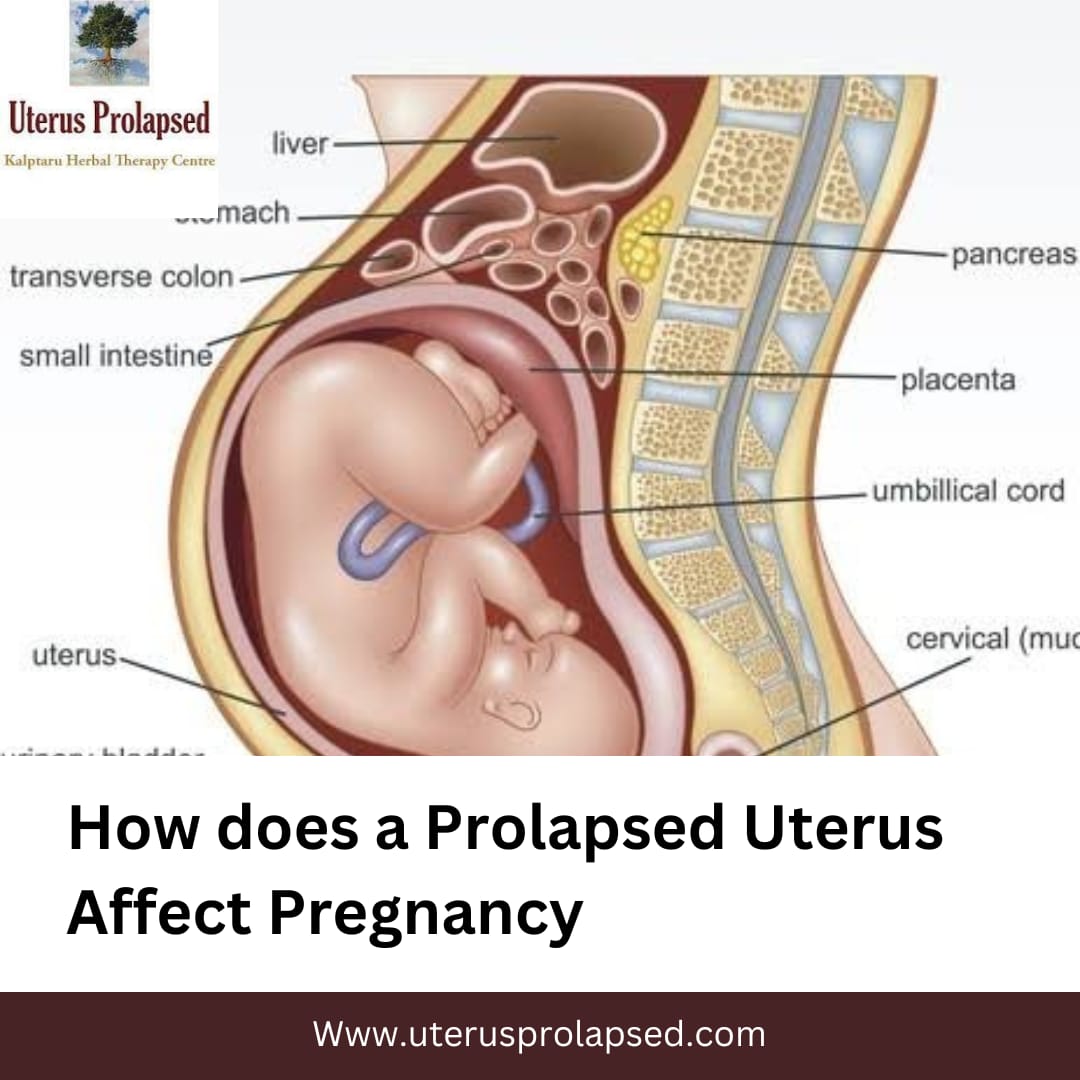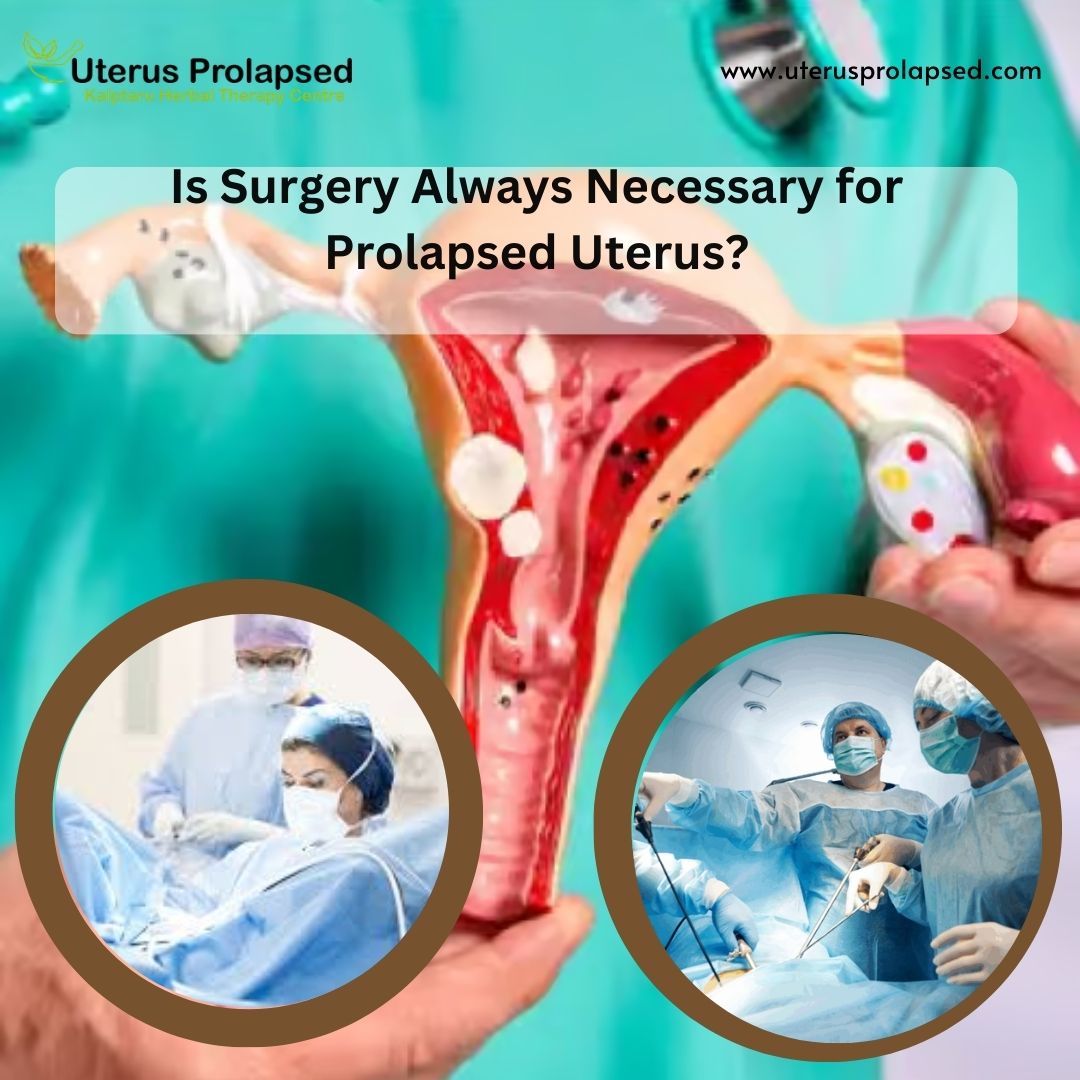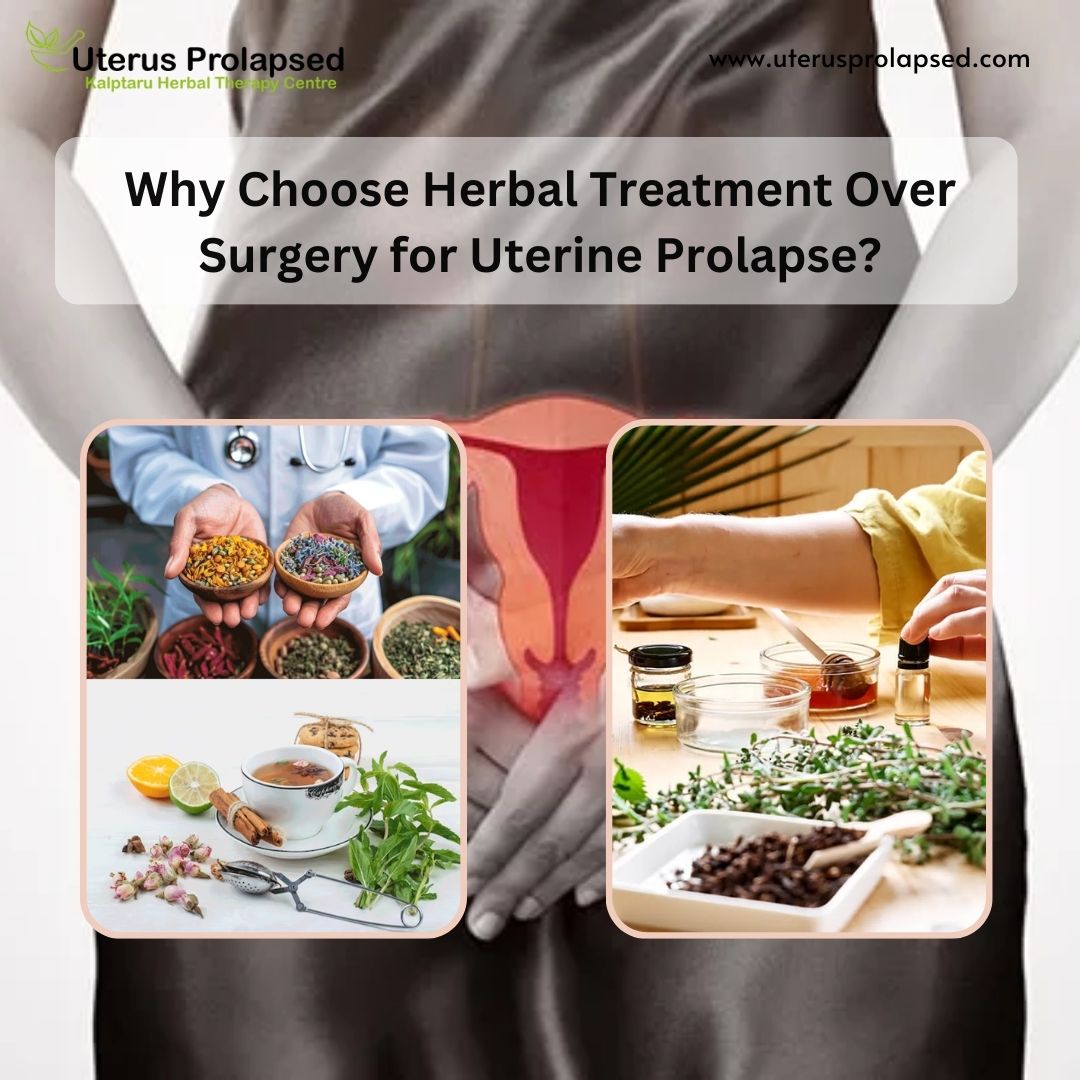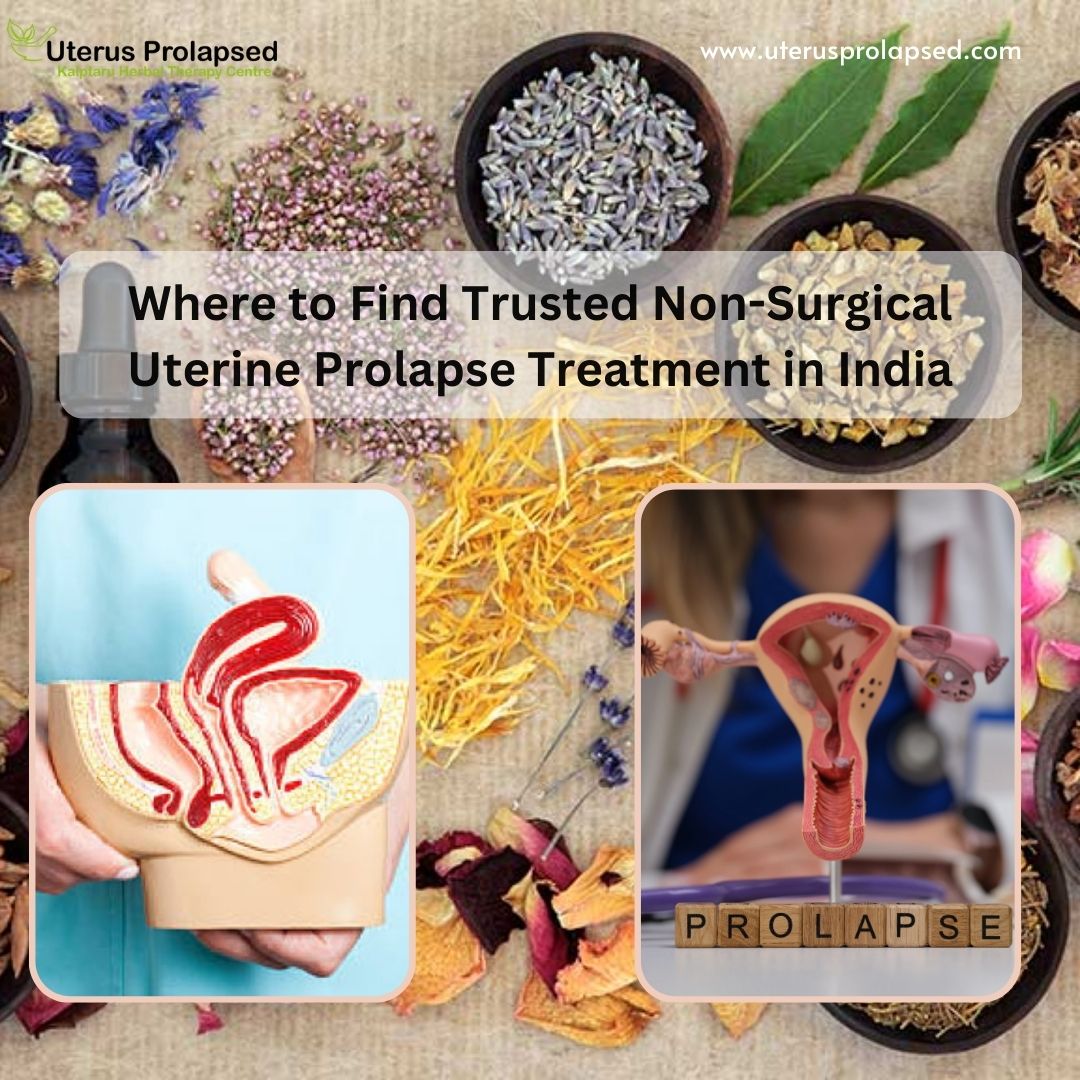Pregnancy can disturb a woman in several unforeseen ways. The changing hormones and physiological and psychological changes that a pregnant female goes through can stretch rise to certain problems. One such occurrence can endure the growth of uterine or cervical prolapse throughout pregnancy.
While an infrequent event, uterine prolapse throughout pregnancy can prove hazardous for both the mom and her baby. It can activate difficulties like cervical contagions, haemorrhaging, preterm labour, and even miscarriage. Its action may include surgical interferences which can further depict a pregnant female to additional risks. Thus, the best course of action can be to undertake preventive events to evade any probability of uterine prolapse.
What Are the Difficulties of Pregnancy Uterine Prolapse?
Some of the difficulties of pregnancy uterine prolapse can be:
- Minor cervical contamination
- Acute urinary preservation
- Urinary tract contagion
- Preterm labour
- Miscarriage
- The danger of dystocia (obstructed labour) throughout the delivery
- Uterine disagreement causing fetal demise and maternal humanity
- Ulcer of the noticeable material
- Prolapse of other tissues like the rectum or the bladder
Causes of Uterine Prolapse in Pregnancy
Some of the causes of uterine prolapse in pregnancy can be:
- Obstetric past of large babies or tough deliveries
- Inherited connective tissue condition
- Extreme weight gain throughout pregnancy
- Preceding childbirth shock resulting in weak pelvic floor strengths
- Increased intrabdominal compression
- Severe cough due to asthma or bad bronchitis
- Overstretching since of constipation
Signs & Symptoms of Uterine or Cervical Prolapse
Some signs and symptoms of uterine prolapse can be:
- A continuous sense of heaviness in the perineum
- Augmented liberation from the vaginal introitus (throughout the second trimester)
- Some muscle protuberant out of the vagina
- Urinary problems like urine preservation or urine leakage











